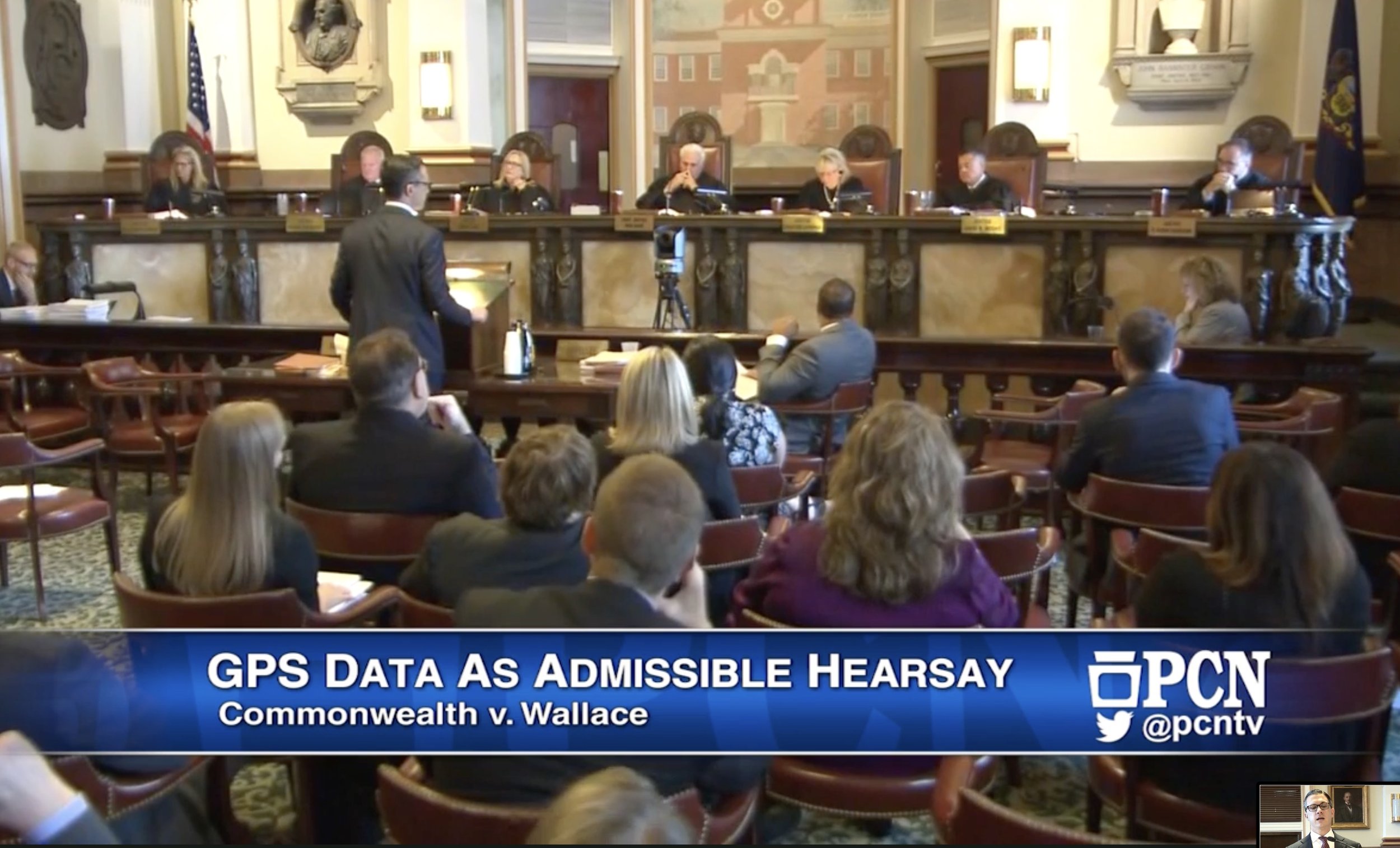PA Superior Court: COVID Speedy Trial Rule Suspensions Are Absolute Even if the Prosecutors Took Two Years Off
Criminal Defense Lawyer Zak T. Goldstein, Esquire
The Pennsylvania Superior Court has decided the case of Commonwealth v. Malone, holding that the COVID-related suspensions of Pennsylvania’s speedy trial rules are absolute no matter how little the Commonwealth did to try to move a case forward during the suspension.
In Malone, the Philadelphia Court of Common Pleas dismissed the defendant’s aggravated assault and possession with the intent to deliver case due to a violation of Rule 600. The court found that the Commonwealth failed to bring the defendant to trial for nearly two years and that the Commonwealth had failed to act with due diligence during that period. The Philadelphia courts suspended Rule 600 from March 2020 to October 1, 2021 due to COVID, but the trial court ruled that the Commonwealth would be entitled to the benefit of the suspension only if the Commonwealth had acted with due diligence during the relevant time periods. Because it had not, the time still counted, and the court dismissed the charges.
What is Rule 600?
Rule 600 is a state court speedy trial rule which requires the Commonwealth tho bring a defendant to trial within 365 days from the filing of the criminal complaint. Unfortunately, Rule 600 in general has a lot of exceptions. Time not attributable to the negligence of the prosecution generally often does not count. For example, continuance requests from the defense, the unavailability of a judge to hear the case, or even a police officer’s failure to appear for a good reason may result in the time between two court dates being excluded from the 365 day limit. In other words, time between hearings that is not really the prosecution’s fault does not count so long as the prosecution acted with reasonable due diligence in attempting to move the case forward to trial.
In March 2020, the Pennsylvania Supreme Court suspended Rule 600 as courts throughout the state shut down due to COVID. The Supreme Court lifted its suspension shortly thereafter, but it gave president judges for each county the authority to extend the suspension locally. Some counties, like York, began operating normally almost immediately. Others, like Philadelphia and Montgomery County, did not resume normal operations for nearly two years and are still struggling with COVID-related backlogs. Accordingly, Philadelphia’s president judge left the suspension in effect until October 1, 2021.
The Superior Court’s Ruling
The issue in this case, therefore, was whether the general rule that the Commonwealth must act with due diligence in order for the time between court dates to not count trumps the speedy trial rule suspension or whether the suspension of the rule was absolute. In this case, the Superior Court ruled that the suspension was absolute and the Commonwealth had absolutely no obligation to do any work on its cases during the nearly two year period that Philadelphia suspended the operation of Rule 600. Therefore, the Superior Court reversed the decision of the trial judge and reinstated the charges. It seems reasonable to expect the prosecution to have monitored its cases and worked to get them ready during the shut downs, but the Superior Court has ruled that they had no obligation to do so.
The defendant will now again face trial in the Court of Common Pleas. Given that the case is now more than three years old, the Commonwealth will likely struggle to prosecute the defendant, but further litigation will follow.
Facing criminal charges? We can help.
Criminal defense attorney Zak T. Goldstein, Esquire arguing before the PA Supreme Court
If you are facing criminal charges or under investigation by the police, we can help. We have successfully defended thousands of clients against criminal charges in courts throughout Pennsylvania and New Jersey. We have successfully obtained full acquittals in cases involving charges such as Conspiracy, Aggravated Assault, Rape, and Murder. We have also won criminal appeals and PCRAs in state and federal court. Our award-winning Philadelphia criminal defense lawyers offer a free criminal defense strategy session to any potential client. Call 267-225-2545 to speak with an experienced and understanding defense attorney today.


